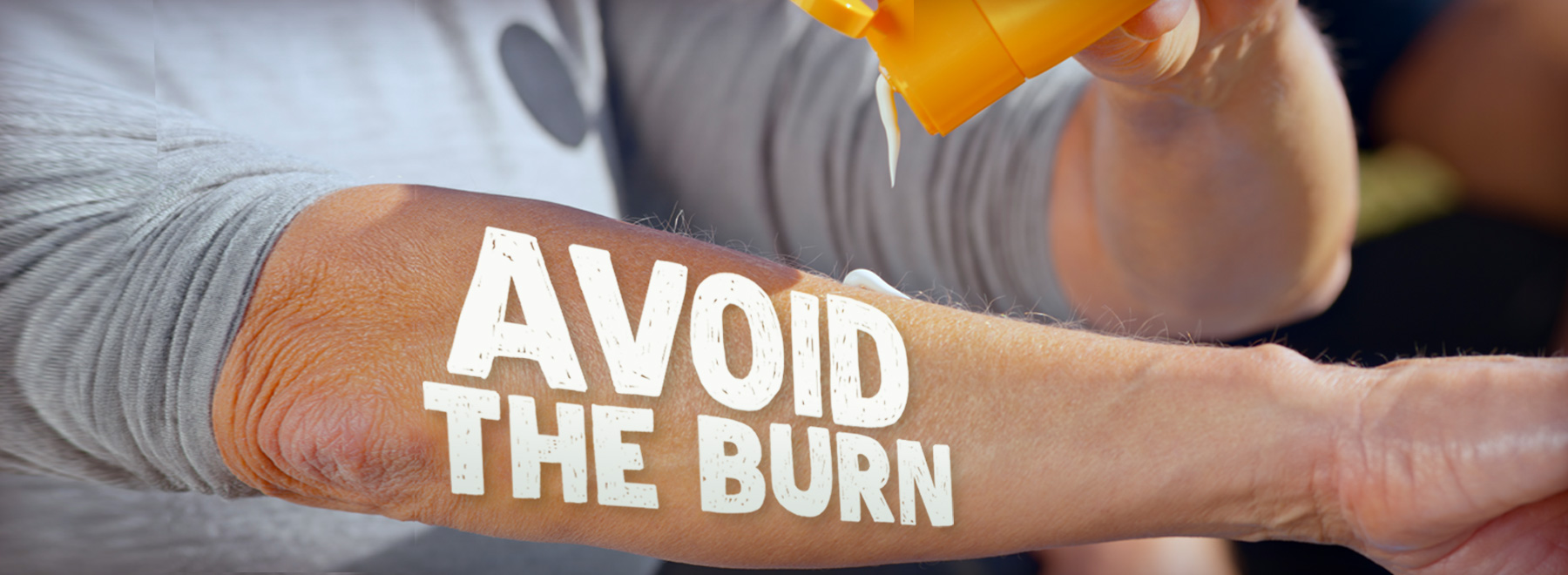Sun lovers should take safeguards as weather warms
When you’ve overstayed your welcome in the sun and your skin is red and painful, you’re probably sunburned – or it could be something worse.
Experts at the University of Mississippi Medical Center remind sun-lovers or someone who inadvertently gets too much sun that the damage might not stop at a simple sunburn. While a sunburn only damages your skin’s outer layer and usually heals on its own in a few days, more severe second-degree sunburn can cause damage that extends below the skin’s surface and take much longer to heal.

“Sunburn is more of a transient reaction” to the sun, said Dr. Allison Cruse, an assistant professor in the UMMC Department of Dermatology.
Sunburn is caused by ultraviolet, or UV, rays in sunlight. UV rays can cause not just sunburn, but skin cancer and skin aging. UVB rays produce an inflammatory reaction that’s not actually a true burn; UVA rays penetrate deeper into your skin, damaging it and resulting in a tan, and is responsible for most forms of skin aging, including wrinkles.
Experts say you’re especially at risk for sunburn or sun damage to your skin if you have white skin and red hair; have a history of sunburn; live or vacation in places that are sunny, warm or at a high altitude; work outdoors; or spray your skin with water or baby oil, which wets the skin and causes it to burn more easily than dry skin.
“It doesn’t matter how cloudy or cold it is. If it’s daylight outside, there are UVA rays,” Cruse said. That applies also to proximity to water, sand and snow, regardless of the time of the year.
Someone with a bad sunburn can feel very sick beyond pain when other factors come into play, Cruse said. Fever, nausea and vomiting can occur if someone is dehydrated on top of sunburn. “If you’re out in the sun, you might not be drinking enough water, or you might be consuming too much alcohol,” she said.
A severe inflammatory response to sunburn also can cause those symptoms, she said.
And, don’t forget to protect your eyes. People wear sunglasses to shade their eyes, but might not realize the consequences of not wearing them. Too much UV light from the sun actually burns and damages the cornea and can lead to cataracts, or clouding of the lens.
Most people can manage their sunburn at home, but those with severe cases might end up at an urgent care clinic or emergency room. “If your sunburn is deep enough, you can get second-degree burns,” Cruse said.
The American Academy of Dermatology recommends those with all forms of sunburn begin treating it as soon as they notice it. These tips can help relieve discomfort:
- Take cool baths or showers, then pat yourself dry but leave a little water on your skin. Then, apply a moisturizer that contains aloe vera or soy to help trap the water in your skin and ease dryness.
- Consider taking aspirin or ibuprofen to reduce swelling, redness and discomfort.
- Drink extra water to help prevent dehydration. A sunburn draws fluid to the skin’s surface and away from the rest of the body.
- If your skin blisters, leave it alone and allow it to heal, and take extra care to protect it. Wear clothing that covers your skin when recovering from sunburn and going outdoors.
Dermatologists recommend everyone, and not just those with fair skin or red hair, be protected from both UVA and UVB rays by wearing a broad-spectrum sunscreen that’s at least SPF 30. Sunscreen should be worn year-round, not just during the summer months.
“We recommend sun protection measures that include broad-brimmed hats, sunscreen, sun-protective clothing and staying in the shade,” Cruse said. “There is clothing with fabric that protects you from the sun, and all kinds of breathable long-sleeve shirts.”
Although some people believe getting sun in small doses to gradually build up their tan is safe, it’s not, Cruse said. “There’s no such thing as a healthy tan,” she said.
“All it takes is one bad sunburn to put you at risk of certain skin cancers.”
The above article appears in CONSULT, UMMC’s monthly e-newsletter sharing news about cutting-edge clinical and health science education advances and innovative biomedical research at the Medical Center and giving you tips and suggestions on how you and the people you love can live a healthier life. Click here and enter your email address to receive CONSULT free of charge. You may cancel at any time.



